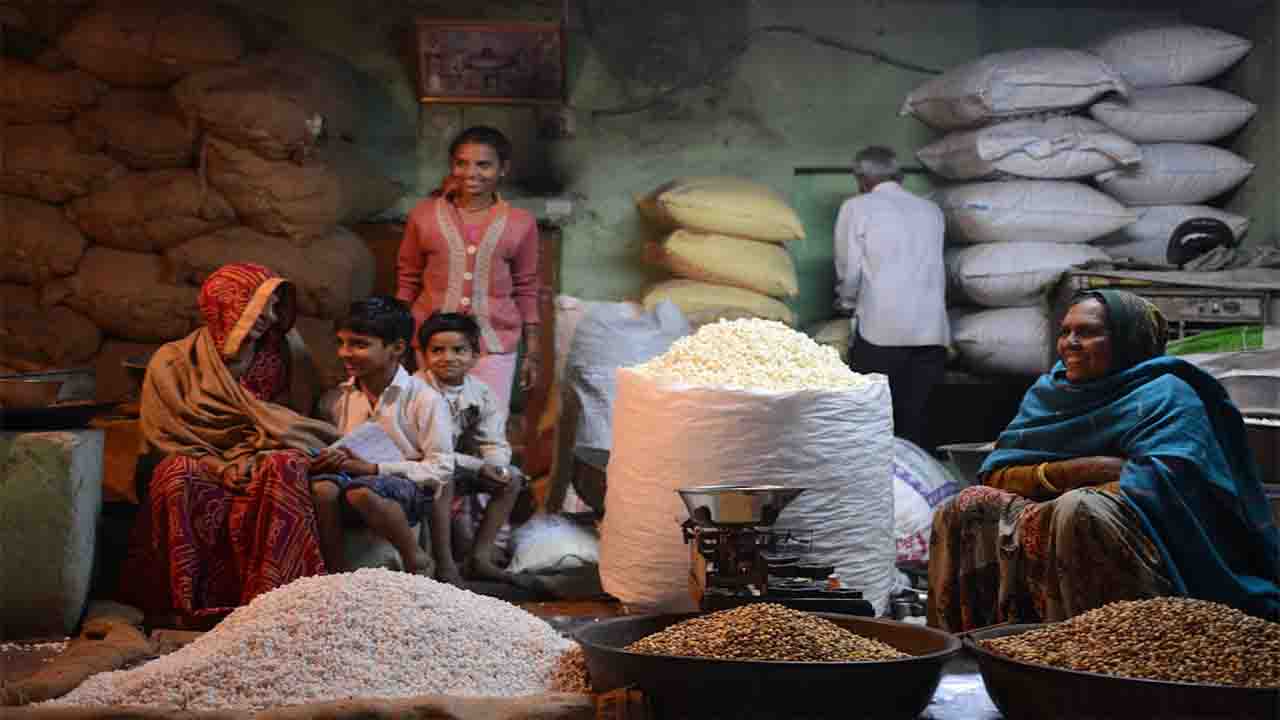HALIFAX, Nova Scotia (CU)_As the COVID-19 pandemic ravaged the lives of millions of people across the globe, animals from several parts of the world were also diagnosed with the viral disease. Among these animals deer aren’t typically seen as a species that would easily transmit a virus to humans, which is why the recent findings of Canadian researchers came as a surprise and a concern.
In a paper published last week, although not peer reviewed, scientists from Canada said they believe to have found the first ever instance of a deer passing COVID-19 to a human. According to the researchers, at least one strain of the Coronavirus found in humans can be traced back that which was found in a hunted deer. They reached this conclusion after taking samples from hundreds of white tail deer hunted in south-western Ontario last fall. They found that of the 298 deer that were tested, 17 were positive for a “new and highly divergent lineage” of COVID-19.
While the virus bore little resemblance to variants which are currently circulating among humans, it was closely genetically relative to the strain found in samples taken from humans, we well as mink, in Michigan two years ago. Researchers have not yet determined how the deer initially contracted the virus, but a further study of the variants circulating in the population showed that the ability of the virus to bypass vaccines was unlikely. Nevertheless, the findings triggered calls for broader surveillance of COVID animals in order to prevent further mutations from developing and spreading undetected.
“It’s reassuring that we found no evidence of further transmission, during a time when we were doing a lot of sampling and a lot of sequencing,” Samira Mubareka, a microbiologist and clinical scientist at Sunnybrook Health Sciences Centre, told CBC News. “If we continue to do this surveillance, we’ll get a much better sense of what the actual risk is.”











